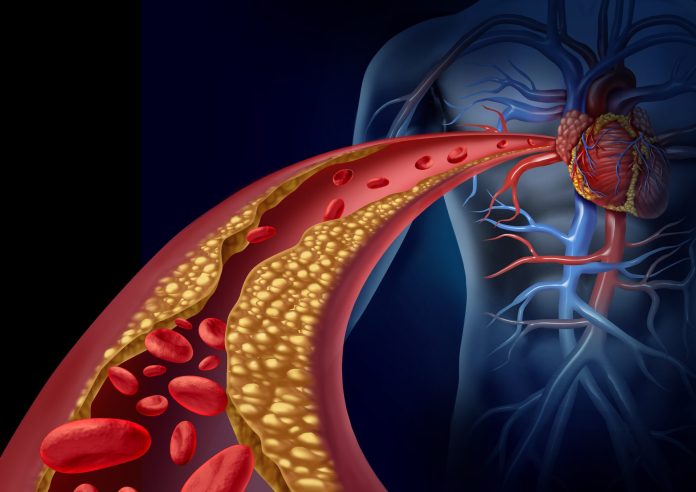
Blood levels of lipoprotein(a), or Lp(a), dropped by up to 98% in a trial of a short-interfering RNA (siRNA) targeting production of that protein. The international study, which was coordinated by the Cleveland Clinic, included more than 30 healthy adults with high Lp(a) high blood levels.
Lp(a) is a key driver of atherothrombotic cardiovascular disease and aortic stenosis. But unlike other types of blood cholesterol, its levels are 80 to 90% genetically determined, and there are currently no approved treatments to lower it.
In this, the Phase I “APOLLO TRIAL,” Lp(a) levels dropped by as much as 96-98% among participants who received higher doses of Silence Therapeutics’ SLN360. Five months later, these patients’ Lp(a) levels remained 71-81% lower than baseline.
The findings were published in the Journal of the American Medical Association. The lead author is Steven E. Nissen, Chief Academic Officer of the Heart, Vascular & Thoracic Institute at Cleveland Clinic.
“These results showed the safety and strong efficacy of this experimental treatment at reducing levels of Lp(a), a common, but previously untreatable, genetically-determined risk factor that leads to premature heart attack, stroke and aortic stenosis,” said Nissen. “We hope that further development of this therapy also will be shown to reduce the consequences of Lp(a) in the clinical setting through future studies.”
The authors conclude this siRNA therapy could be a promising treatment to help prevent premature heart disease in people with high levels of Lp(a), which is estimated to affect 64 million people in the United States and 1.4 billion people worldwide.
Lp(a) has similarities to LDL, also known as bad cholesterol. Lp(a) is made in the liver, where an extra protein called apolipoprotein(a) is attached to an LDL-like particle. The structure of the Lp(a) particle causes the accumulation of plaques in arteries, which play a significant role in heart disease. Elevated Lp(a) greatly increases the risk of heart attacks and strokes.
Since Lp(a) levels are determined by a person’s genes, lifestyle changes such as diet or exercise have no effect. In the current study, the siRNA therapy reduces Lp(a) levels by silencing the gene responsible for Lp(a) production and blocking creation of apolipoprotein(a) in the liver.
For this trial, researchers enrolled 32 people at five medical centers in three countries. All participants had Lp(a) levels above 150 nmol/L, with a median level of 224 nmol/L (75 nmol/L or less is considered normal). Eight participants received a placebo and the remaining received one of four doses of SLN360 via a single subcutaneous injection. The doses were 30 mg, 100 mg, 300 mg and 600 mg. Participants were closely observed for the first 24 hours after their injection and then assessed periodically for five months.
Participants receiving 300 mg and 600 mg of SLN360 had a maximum of 96% and 98% reduction in Lp(a) levels, and a reduction of 71% and 81% at five months compared to baseline. Those receiving a placebo saw no change in Lp(a) levels. The highest doses also reduced LDL cholesterol by about 20-25%. There were no major safety consequences reported and the most common side effect was temporary soreness at the injection site. The study was extended and researchers will continue to follow participants for a total of one year.
RNA interference works by using siRNAs to break down specific messenger RNA, thereby turning off, or silencing, genes directly responsible for disease. Silence’s proprietary mRNAi GOLD platform combines siRNA with chemical “address tags” called GaINAc, a naturally occurring sugar that attaches specifically to liver cells. More than 15,000 genes are expressed in the liver. The company’s pipeline is currently focused on hematology, cardiovascular disease, and rare diseases.











